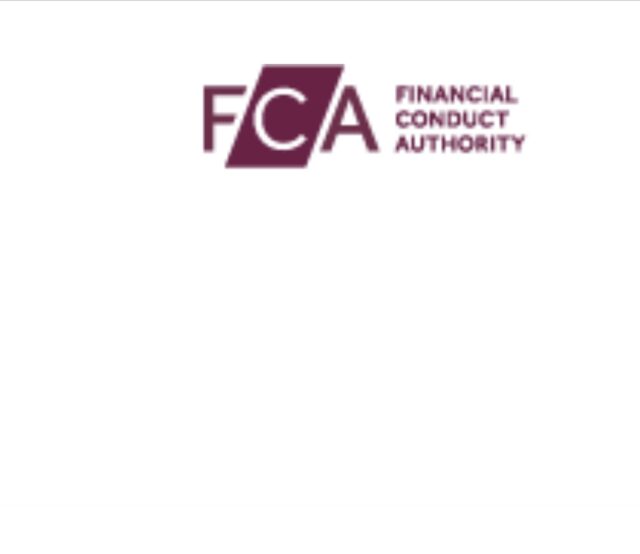The Court of Appeal has refused permission for a group of traders to proceed with a judicial review of the FCA’s decision to provide assistance to the United States Commodity Futures Trading Commission (CFTC) in an ongoing investigation.
The FCA issued notices requiring production of information by UK residents (the UK subjects) in order to assist the CFTC in an investigation of certain crude oil trading on a U.S. derivatives exchange.
An application to judicially review the FCA’s decision was brought by the UK subjects to overturn the decision to seek evidence from them.
A person seeking judicial review is required to seek permission of the court before doing so. The initial application for permission to apply for judicial review by the UK subjects was initially rejected by the court. They appealed the decision to the Court of Appeal which has also rejected their application for permission.
Under the Financial Services & Markets Act, 2000, the FCA is able to use its investigation powers to assist foreign regulators. The FCA also commonly seeks assistance from foreign regulators in relation to its own investigations.
Both the FCA and the CFTC are signatories to a multi-lateral memorandum of understanding which commits the signatories to provide relevant assistance to one another. There are over 100 signatories to this memorandum. The FCA will take all appropriate steps to assist international partners such as the CFTC to protect financial markets and prevent harm.
In this case, the FCA has arranged to ensure all materials requested by the CFTC are provided by the traders without further delay.
Mark Steward, Executive Director of Enforcement and Market Oversight at the FCA said:
“We welcome today’s decision. The powers to seek information needed for investigations by the FCA, including where doing so is to assist a foreign regulator, are vitally important in ensuring investigations involving multiple jurisdictions are able to be conducted properly.
“The FCA will not permit subjects of international investigations who are located in the UK to hide behind unmeritorious claims or to delay international investigations through abuse of legitimate remedies.”




